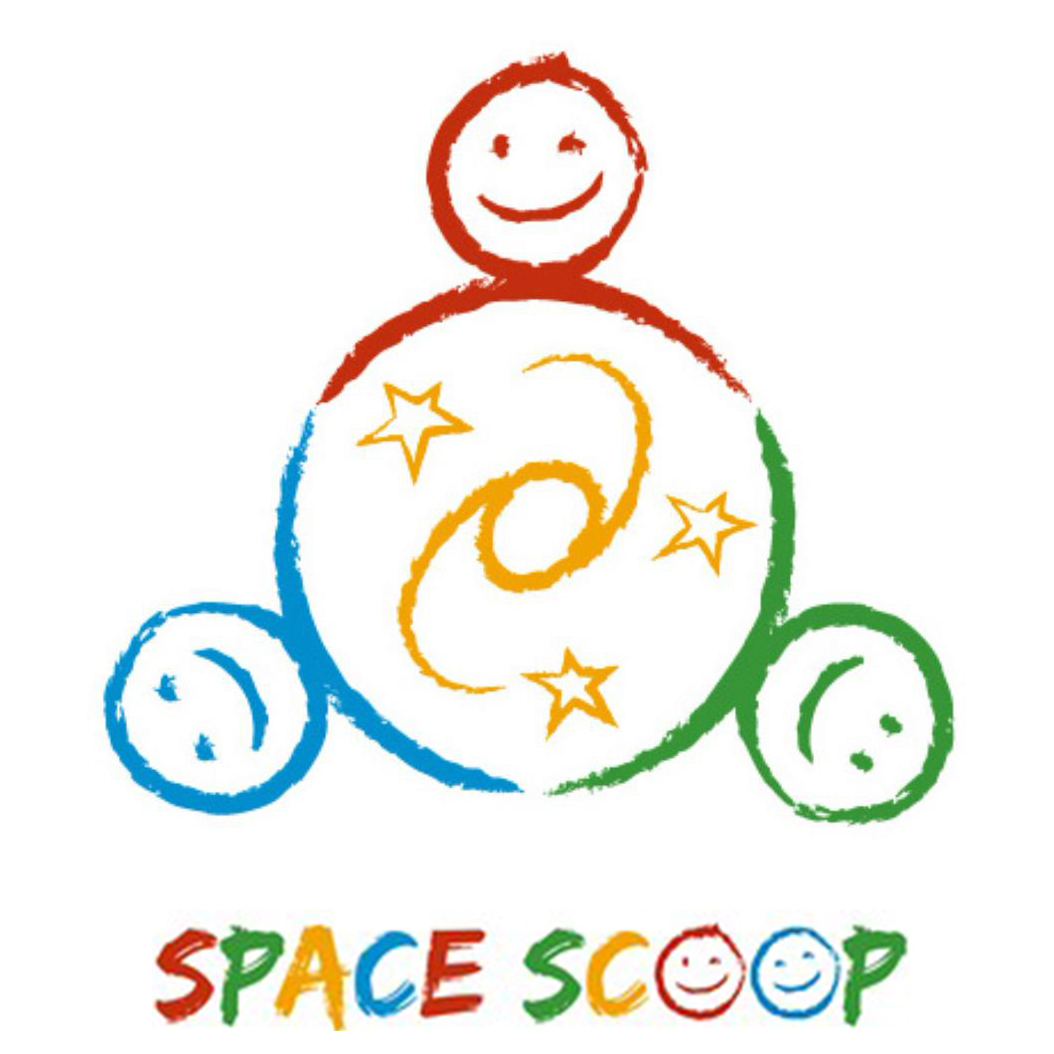Astronomers have used NASA’s Chandra X-ray Observatory to discover a ring of black holes or neutron stars in the galaxy AM 0644-741 in the constellation Volans. This ring of black holes covers an area three times larger than the Milky Way, making it the real Lord of the Rings!



